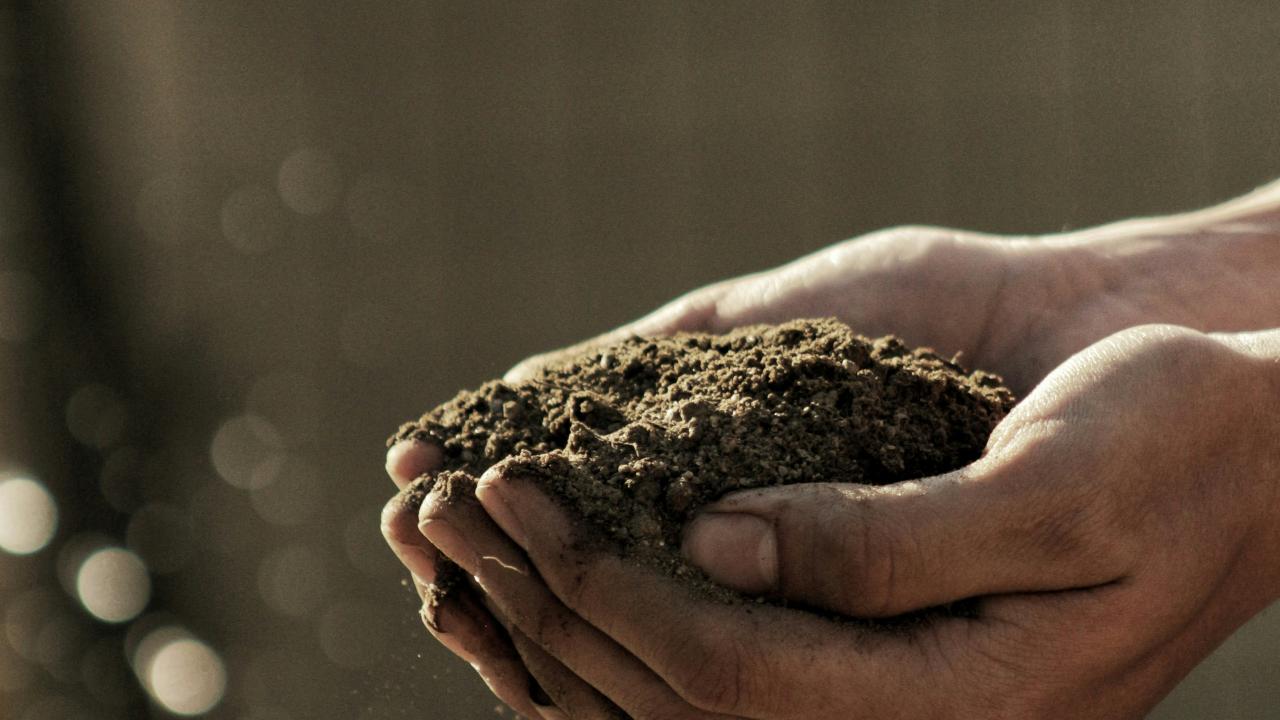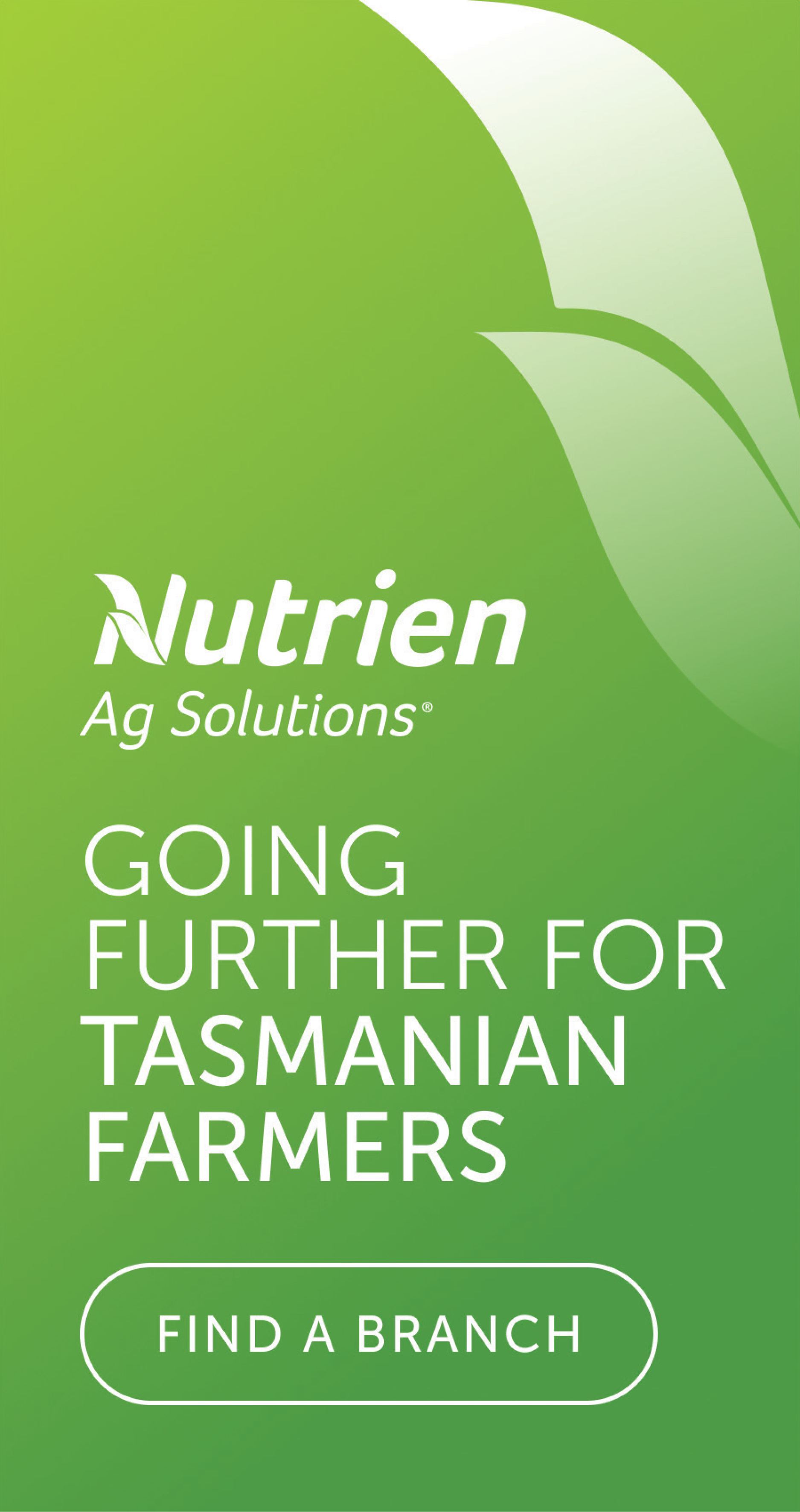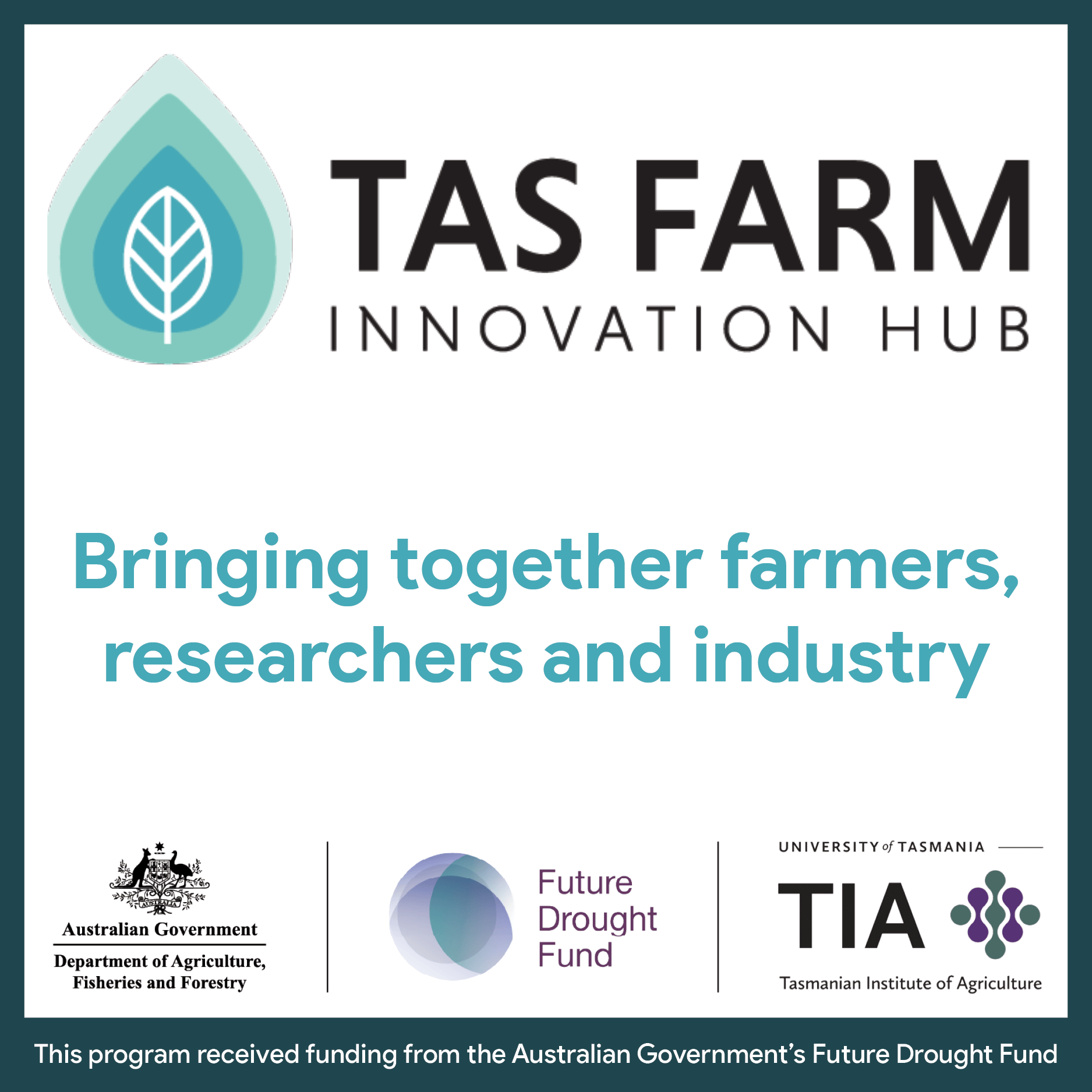Soil health in spotlight

The Tasmanian Institute of Agriculture has received funding to run hands-on workshops for land managers to demonstrate how food organics and garden organics can improve soil health.
TIA soil scientist Dr Bianca Das is the lead researcher for the two-year project ‘Circular Nutrient Economies for Climate Resilient Soils’.
She said the project would support the transition to a circular economy by using surplus organic products including biochar, food organics and garden organics (FOGO) composts to benefit soil health.
"The project will empower land managers to monitor longer-term changes in soil health after applying organic products to their soil. It will also demonstrate the potential for organic products to improve soil health,” Dr Das said.
“Healthy soils have better ability to store and drain water, making them more resilient to drought and flooding.
“Despite the known benefits, the application of organic biowastes by land managers is low due to logistical challenges and variability in results.
“It may take 5 to 10 years or more for the benefits to be fully realised, most projects are not funded for this duration.
“This project addresses these issues by working with local councils and groups to provide information about the use of organic waste.”
The funding will be used for six workshops and on-site training to demonstrate to landholders how to self-assess soil health. Two of the workshops will focus on Caring for Country with biochar.
“The workshops will demonstrate the ability of local organic products to improve plant tolerance to drought and waterlogging and their effect on soil health,” Dr Das said.
“The program will have significant benefits. Farmers, land holders and community groups will have increased knowledge and skills in sustainable agriculture approaches.
“There’ll also be an increase in the number of farmers, landholders and community groups that will adopt climate-smart, sustainable agriculture practises.
“We’re aiming to empower landowners to do their own assessments and give them the tools and confidence to do it themselves.”
The first workshop will be held in northern Tasmania on August 13.




Add new comment